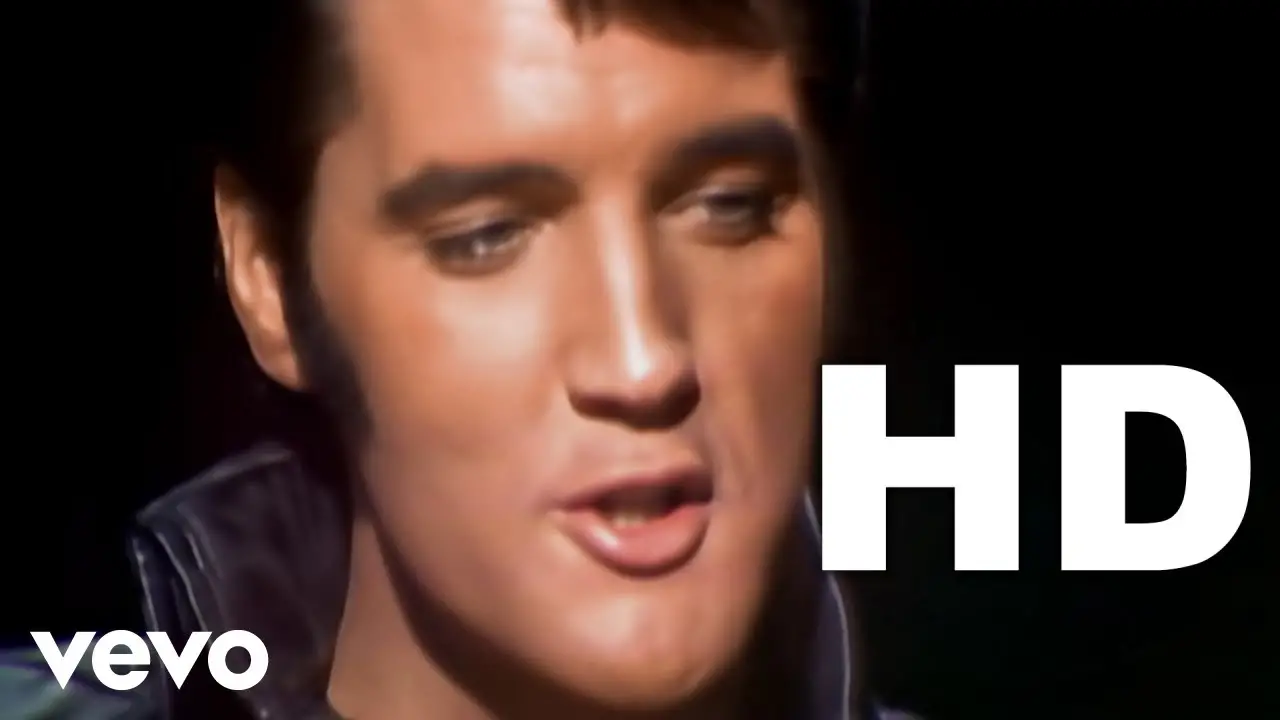The Genesis of Blue Christmas Inspiration and Composition

It’s that time of year again when the air is filled with the familiar sound of holiday music. And one song that never fails to make its way onto every Christmas playlist is Elvis Presley’s “Blue Christmas”. This iconic song has become a staple in the holiday season, capturing the hearts of listeners for generations. But what makes this song so special? What inspired Elvis to create such a beloved and timeless classic? In this blog post, we’ll take a deeper look into the genesis of “Blue Christmas” and explore its impact on popular music and culture.
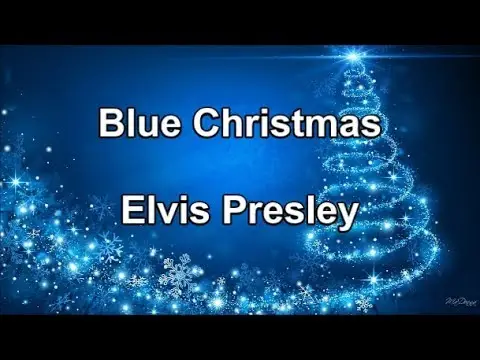
Unveiling the Heartbreak and Loneliness in ‘Blue Christmas’
Before delving into the creation of “Blue Christmas”, it’s important to understand the context in which it was written. The early 1950s were a pivotal time in Elvis’ career as he was just beginning to gain widespread fame. However, despite his success, Elvis was also experiencing personal turmoil. In 1957, he received his draft notice and had to leave his music career behind to serve in the US Army.
It was during this time of separation from his loved ones and the pressures of his newfound fame that Elvis penned the lyrics to “Blue Christmas”. The song reflects the feelings of loneliness and heartache that often accompany the holiday season, a time that is supposed to be filled with love, joy, and togetherness. With lines like “I’ll have a blue Christmas without you / I’ll be so blue just thinking about you”, Elvis captures the emotions many people experience during this time of year.
The Genesis of ‘Blue Christmas’: Inspiration and Composition
As with many great songs, the inspiration for “Blue Christmas” came from an unexpected source. In 1948, the country-western group The Ravens released a song called “White Christmas” which featured a similar melody to what would become “Blue Christmas”. Elvis was a fan of the song and often sang it during his live performances. In 1957, while sitting at the piano in his home, he began playing around with the tune and came up with the now iconic opening line, “I’ll have a blue Christmas without you”.
Elvis’ longtime collaborator and pianist, Dudley Brooks, helped him finish writing the song and together they created the final version. They added the memorable guitar riff and background vocals which gave the song its signature sound. The composition process took only about an hour, but the impact of “Blue Christmas” would be felt for decades to come.
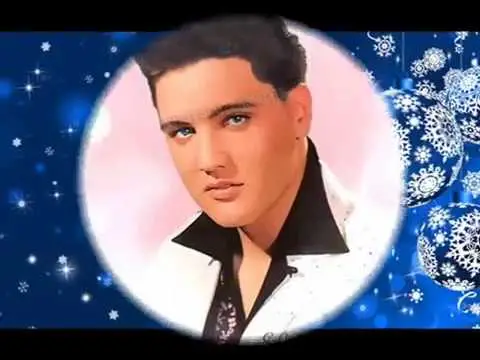
The Inspiration Behind the Lyrics
While the melody may have been inspired by “White Christmas”, the lyrics of “Blue Christmas” are uniquely personal to Elvis. As mentioned earlier, the song was written during a time when he was feeling homesick and missing his loved ones. The holiday season can often magnify these feelings, making them even more intense.
In addition to his own experiences, Elvis also drew inspiration from the movie “Holiday Inn” in which Bing Crosby performs “White Christmas”. This scene struck a chord with Elvis as it portrayed a happy and idyllic Christmas that he longed for. He wanted to capture the contrast between the idealized image of Christmas and the stark reality of loneliness and heartbreak.
Lyrical Analysis of ‘Blue Christmas’: A Study of Loss and Despair
The lyrics of “Blue Christmas” are deceptively simple, but upon closer examination, they reveal a deeper meaning. It’s not just a song about missing someone during the holidays, it’s also a reflection on loss and despair. The color blue is often associated with sadness and in this song, it represents the emptiness felt when someone you love is not there to share the holiday with you.
The first verse sets the tone for the entire song, with Elvis lamenting about being alone on Christmas and feeling blue without his loved one. In the second verse, he mentions how he’ll be decorating a “lonely Christmas tree” instead of spending time with his significant other. This line highlights the theme of loss as the tree, which is supposed to symbolize love and family, is now a solitary reminder of what he’s missing.
The bridge of the song adds an interesting layer to the lyrics as Elvis sings, “You’ll be doin’ alright, with your Christmas of white / But I’ll have a blue, blue, blue, blue Christmas”. Here, he acknowledges that while others may be enjoying the holiday in their own way, for him it will always be blue without his loved one by his side. This sentiment is relatable to anyone who has experienced the pain of loss during the holiday season.

The History and Evolution of ‘Blue Christmas’: From Single Release to Holiday Anthem
After its initial release in 1957, “Blue Christmas” became an instant hit and peaked at number 1 on the Billboard Country chart. It was also included on Elvis’ first Christmas album, “Elvis’ Christmas Album”, which was certified triple platinum by the Recording Industry Association of America (RIAA). The song continued to gain popularity over the years and has been covered by numerous artists, including Johnny Cash, Kelly Clarkson, and Michael Bublé.
One of the most notable versions of “Blue Christmas” is from the 1968 “Comeback Special” television program where Elvis performed the song in a rock and roll style, complete with his iconic leather outfit. This performance solidified the song’s place as a staple in his live shows and cemented its status as a holiday classic.
Since its release, “Blue Christmas” has been featured in countless movies, TV shows, and commercials, making it a ubiquitous part of our holiday soundtrack. It has also been re-released several times and continues to top the charts every year during the Christmas season. Its enduring popularity is a testament to the timelessness of Elvis’ music.
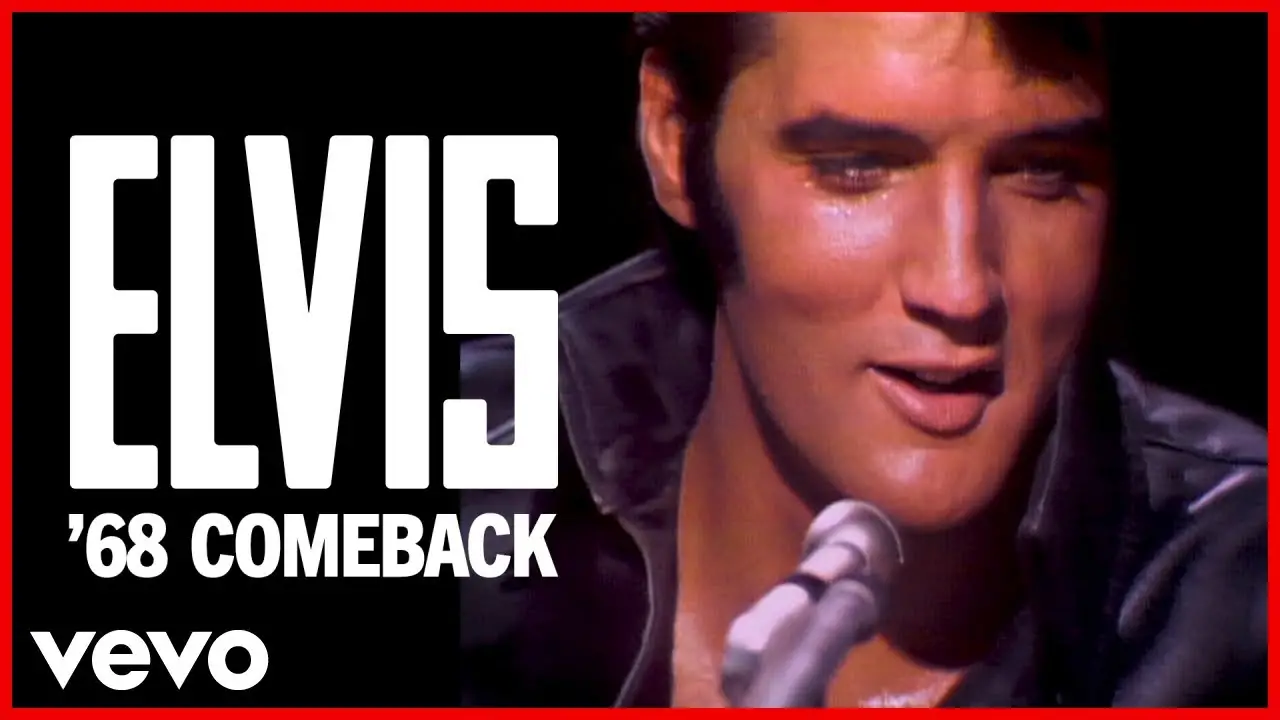
From Country to Rock and Roll
One of the reasons “Blue Christmas” has stood the test of time is its ability to transcend genres. While it was originally recorded as a country song, Elvis’ version incorporated elements of rock and roll which gave it a more modern sound. This fusion of styles helped to attract a wider audience and expand the song’s reach.
The song has since been covered by artists in various genres, including pop, RB, and even punk. Each rendition brings a unique interpretation to the song, showcasing its versatility and appeal across different musical tastes. For example, Kelly Clarkson’s version infuses a soulful energy while The Beach Boys add their signature harmonies to their rendition.
A Holiday Favorite Across Generations
What makes “Blue Christmas” such a beloved holiday classic is its ability to resonate with people from all walks of life. Whether you’re young or old, single or in a relationship, the emotions expressed in the song are universal. This is evident in the numerous cover versions and interpretations of the song, each one capturing a different aspect of its message.
The song also has a special place in the hearts of Elvis’ fans, who have come to associate it with his iconic voice and performances. For many, listening to “Blue Christmas” is a way to connect with the spirit of Elvis and keep his memory alive during the holiday season. And for those who may not be familiar with Elvis’ music, “Blue Christmas” serves as an introduction to his legacy and impact on popular music.

Cover Versions and Interpretations of ‘Blue Christmas’: A Showcase of Versatility
One of the reasons “Blue Christmas” remains a favorite among musicians is because it allows for creativity and personalization. With its simple chord progression and catchy melody, the song lends itself to reinterpretation and experimentation. Over the years, artists have put their own spin on this classic, adding their unique flair while still staying true to the essence of the song.
Johnny Cash’s version of “Blue Christmas” is a standout cover, with his deep baritone voice adding a somber and melancholic tone to the song. His stripped-down arrangement allows the lyrics to take center stage, making for a powerful and emotional listening experience. In contrast, Michael Bublé’s version showcases his smooth and velvety vocals, giving the song a jazzy and romantic feel.
One of the most interesting interpretations of “Blue Christmas” comes from The Lumineers. Their folksy twist on the song incorporates acoustic instruments like the banjo and accordion, giving it a rustic and nostalgic feel. This version highlights the versatility of the song and how it can be adapted to fit different styles and genres.
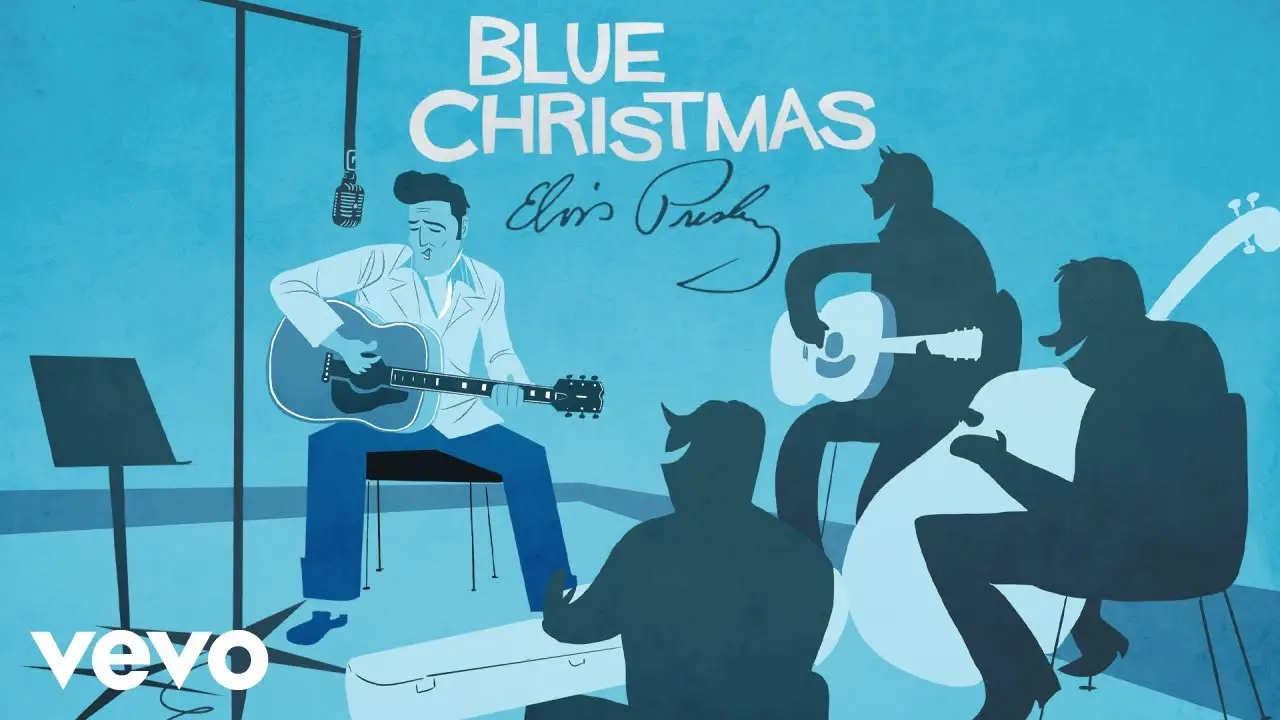
The Impact of ‘Blue Christmas’ on Popular Music: Shaping the Soundscape of Holiday Classics
When Elvis first recorded “Blue Christmas”, he probably had no idea the impact it would have on popular music. Not only did it become an instant hit, but it also set the stage for other artists to create their own holiday classics. The song’s success opened the doors for more secular and rock and roll Christmas songs, paving the way for future holiday hits like “Feliz Navidad” and “All I Want for Christmas Is You”.
The sound of “Blue Christmas” also influenced other holiday songs in terms of production and instrumentation. Its rockabilly style has become a hallmark of many modern Christmas songs, infusing them with a youthful and energetic vibe. And its inclusion of background vocals and guitar riffs has become a staple in many holiday tunes, giving them a sense of nostalgia and familiarity.
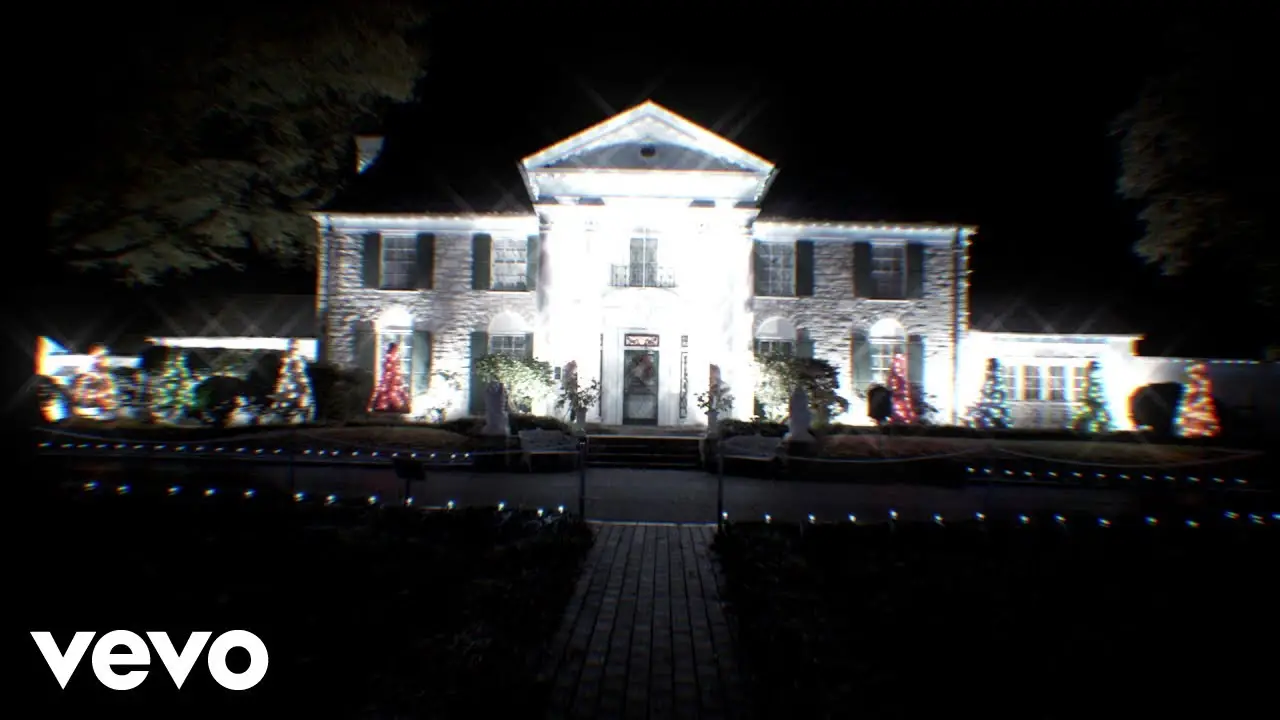
Blue Christmas in the Digital Age
With the rise of digital music platforms, “Blue Christmas” has gained even more popularity and exposure. It’s now easier than ever for people to discover and listen to this holiday classic, making it a staple in many Christmas playlists. The song’s accessibility and reach have helped to solidify its place in popular culture and ensure its longevity for years to come.
Elvis Presley’s Top Songs A Timeless Legacy of Musical Excellence
Top 10 Elvis Popular Songs You Need to Hear
Uncovering the Legacy of Elvis’ Greatest Hits
‘Blue Christmas’ in Film and Television: A Cinematic and Pop Culture Legacy
Aside from being a hit on the charts, “Blue Christmas” has also made its mark on the big and small screens. It has been featured in numerous movies and television shows, becoming synonymous with the holiday season. Some notable examples include “Lethal Weapon”, “Home Alone”, and “Die Hard”.
The song has also been referenced in pop culture, appearing in TV shows like “The Simpsons” and “Friends”. In the 1996 movie “Jingle All the Way”, Arnold Schwarzenegger even sings a comical rendition of the song while trying to buy a toy for his son. These references serve as a testament to the song’s lasting impact on popular culture and its ability to resonate with audiences in different forms of media.
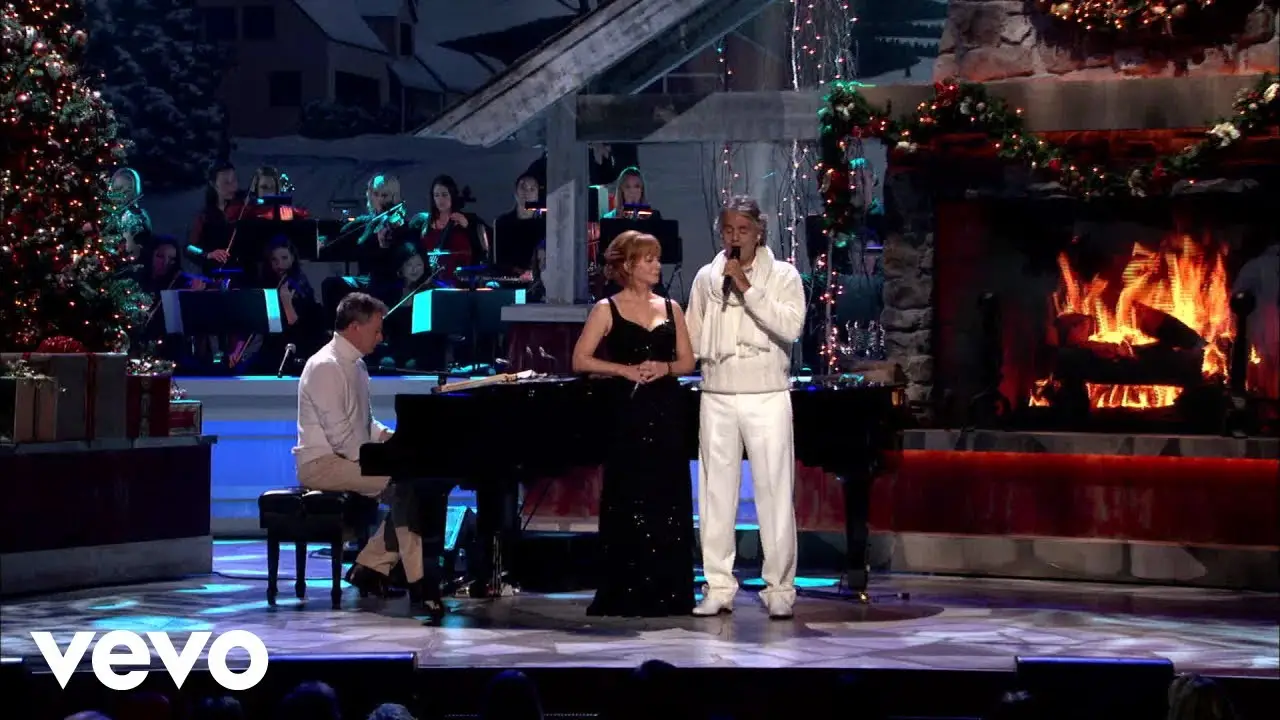
The Enduring Legacy of ‘Blue Christmas’: A Song that Continues to Touch Hearts
Elvis Presley may have passed away over four decades ago, but his music lives on through timeless classics like “Blue Christmas”. The song’s enduring popularity is a testament to its ability to transcend time and connect with people on a deep emotional level. Its legacy continues to be celebrated and honored by fans and artists alike, making it a true testament to the King of Rock and Roll’s talent and impact on the world of music.
Conclusion
In conclusion, the genesis of “Blue Christmas” stems from Elvis Presley’s personal experiences and a desire to capture the emotions of loss and loneliness during the holiday season. Its simple yet powerful lyrics and catchy melody have made it a holiday staple for generations. Its impact on popular music and culture is undeniable, inspiring countless cover versions and becoming a cultural phenomenon that continues to resonate with audiences of all ages. As we listen to “Blue Christmas” each year, we are reminded of the enduring legacy of Elvis Presley and his timeless music.
